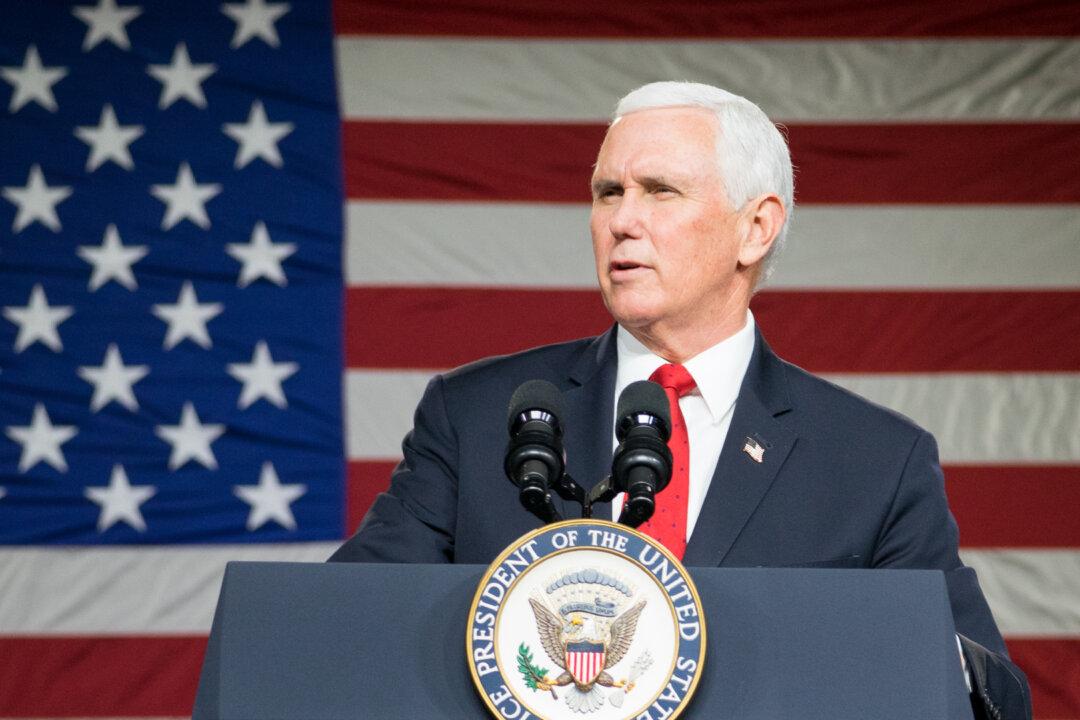Trump campaign legal adviser Jenna Ellis on Wednesday said that she was “deeply disappointed” in Vice President Mike Pence, who refused to reject disputed electoral votes, saying that he believes he lacks the power to do so under the U.S. Constitution.
Pence, the presiding officer of the joint congressional session where electoral votes are formally counted, said earlier in the day that he believes the Constitution “constrains” him from “claiming unilateral authority” to make decisions about rejecting or accepting votes even if he has concerns about election integrity.




